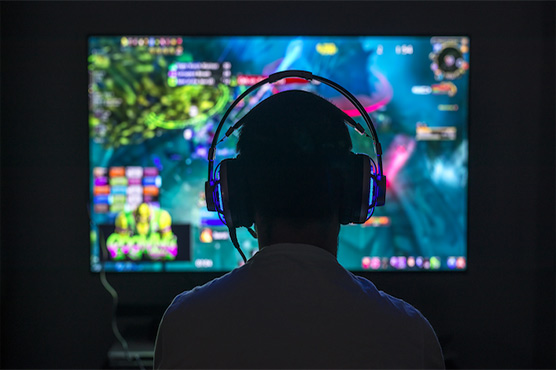Online game helps fight the spread of fake news: study

The results showed that players were 21 percent less likely to believe fake news than they were before they played the game.
LONDON (Reuters) - An online game that allows people to deploy Twitter bots, photo-shop evidence and incite conspiracy theories has proven effective at raising their awareness of “fake news”, a study from the University of Cambridge has found.
Results from the study of 15,000 users of the “Bad News” game, launched last year by the university’s Cambridge Social Decision-Making Lab (CDSMLab), showed it was possible to train the public to be better at spotting propaganda.
“Research suggests that fake news spreads faster and deeper than the truth, so combatting disinformation after the fact can be like fighting a losing battle,” said Sander van der Linden, the CDSMLab’s director.
Facebook has invested in prevention of the spread of fake news and Russia has been accused of spreading false information to influence elections. Russia has denied any such actions.
The study, published in the journal Palgrave Communications on Tuesday, showed that playing “Bad News” for just 15 minutes helped users to develop “mental antibodies” against fake news.
The results showed that players were 21 percent less likely to believe fake news than they were before they played the game.
The team has translated the game into nine languages, including German, Serbian, Polish and Greek in partnership with Britain’s foreign ministry, and WhatsApp has commissioned a new game for the messaging platform, CDSMLab said.

